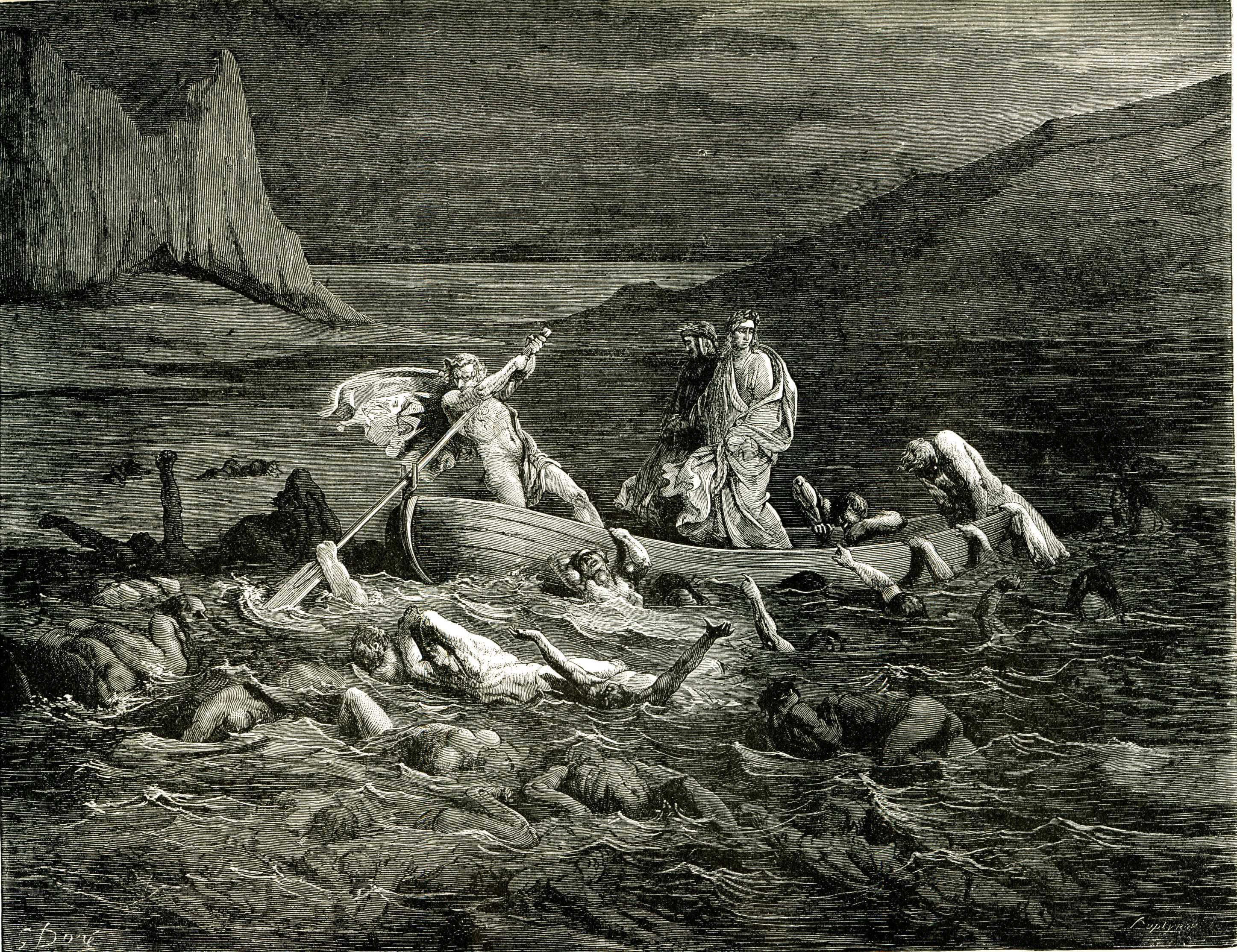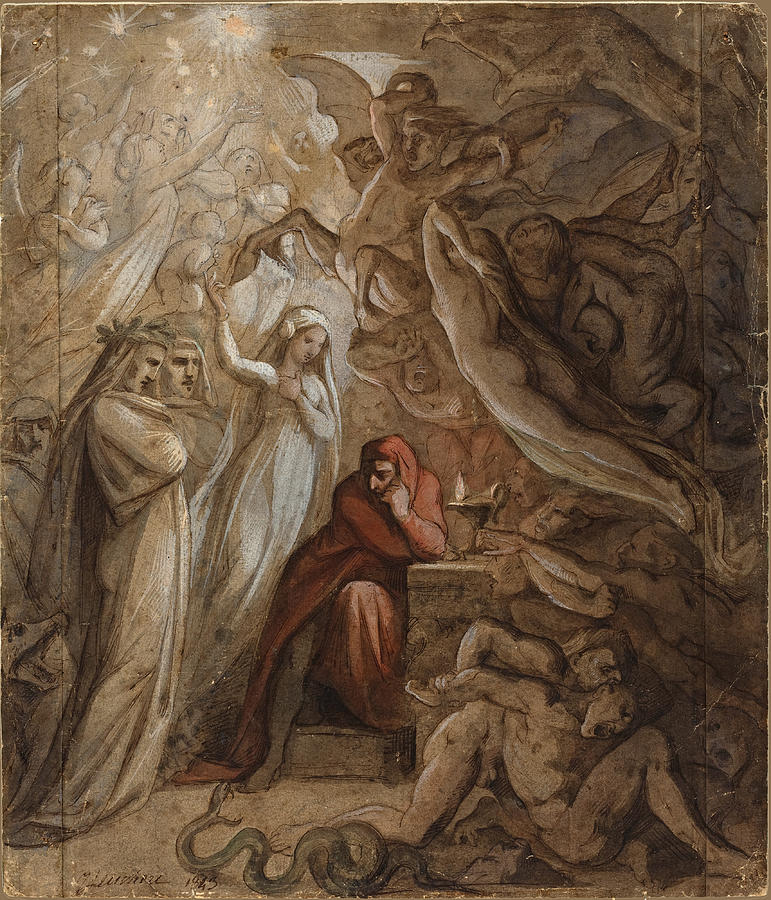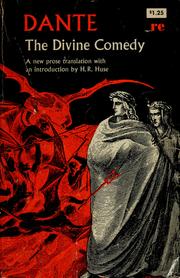
In comparing translations, you notice quickly if there’s an attempt to duplicate Dante’s terza rima, in which the first and third lines rhyme, and the second line rhymes with the first line of the following stanza. Here’s Dante’s original:Įven without an Italian dictionary at hand, most of the words in these lines can be puzzled out by English speakers, except, perhaps “smaritta,” which means something along the lines of “obliterated” or just “lost from view.” An amateur literal translation can go a long way but doesn’t sing. It may be grossly unfair, I admit, to try to judge merely on the first canto or even the first or second stanza, but decisions made in the first few stanzas determine the shape of the rest of the work. Let’s start a comparison of translations with the first three lines of Canto I of the Inferno (there’s no hiding for the poor translator, with the original Italian usually on the facing page).

Talking about a translator’s approach and methodology can help answer the question. Having been a bookseller for more than a decade, I know that one of the most frequently asked questions from readers is, Which translation should I read of Dante’s Divine Comedy? It can be overwhelming to see so many versions all lined up, spine to spine, along a shelf in a literary bookstore, or to scroll through pages and pages of different editions online. In exile, he paid homage to his true love, Beatrice, and by choosing to write in his Tuscan vernacular instead of Latin, transformed the Italian language. Dante wrote his masterpiece on the move, banned from Florence by political enemies. As a one-time admirer of the troubadour poets, Dante was well versed, pardon the pun, in the intricate forms then in practice, such as the sestina, but his paean to Beatrice called for something new and even more demanding, a flexible and muscular form he invented precisely for the new undertaking, the terza rima. Thus began Dante’s famed journey, one that would take him through the depths of hell.


Dante was transformed by his grief and vowed to write in Beatrice’s honor a poem unlike any ever written. Then one day, the young woman, Beatrice, in reaction to rumors of the poet’s increasingly worldly ways, refrained from the greeting, causing anguish in the young Dante. Since childhood they had exchanged in passing the one word their families would allow- Salute! (Health!). As a young man, Dante tried to woo a beautiful and devout Florentine girl of his own age.


 0 kommentar(er)
0 kommentar(er)
